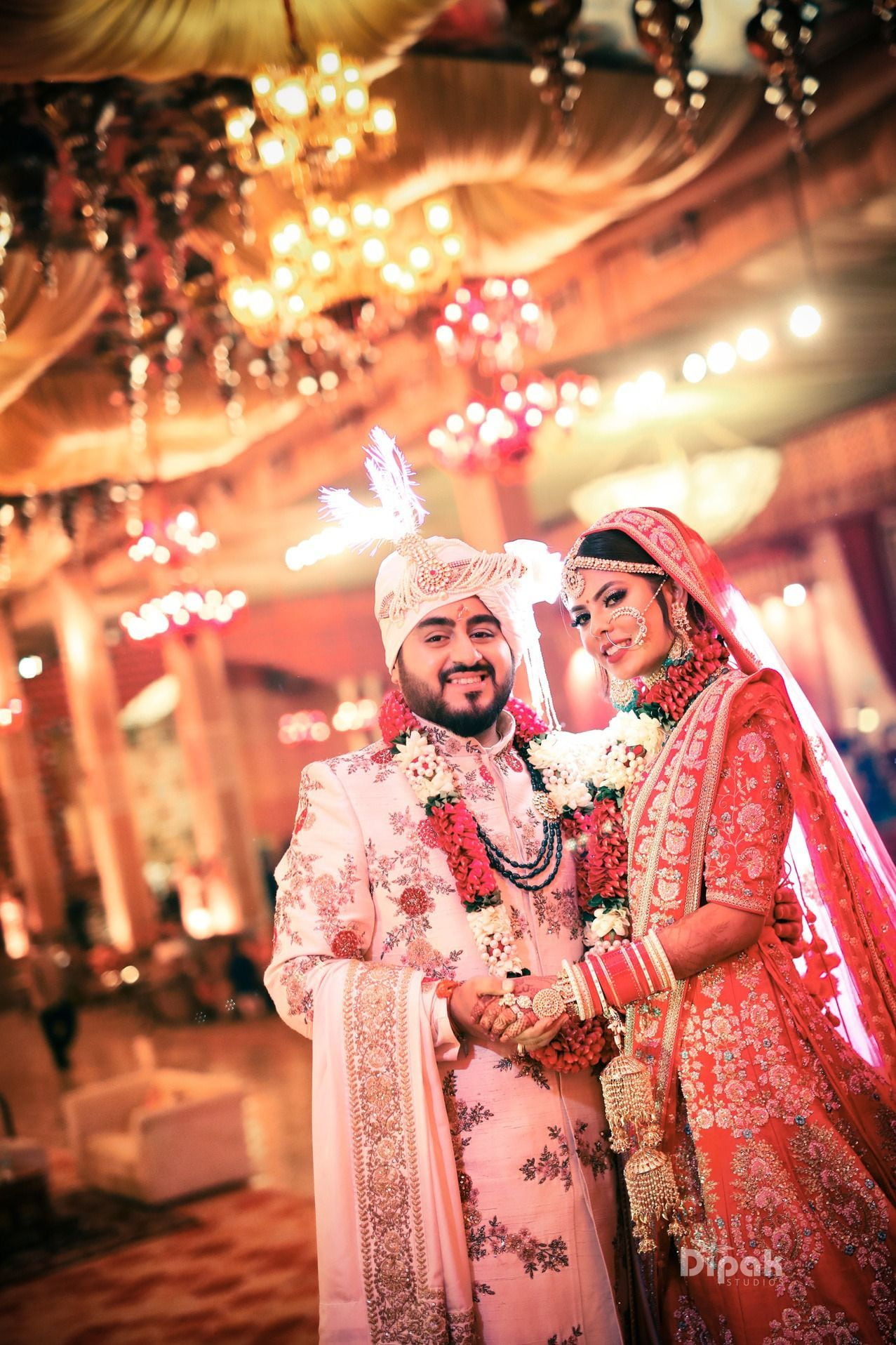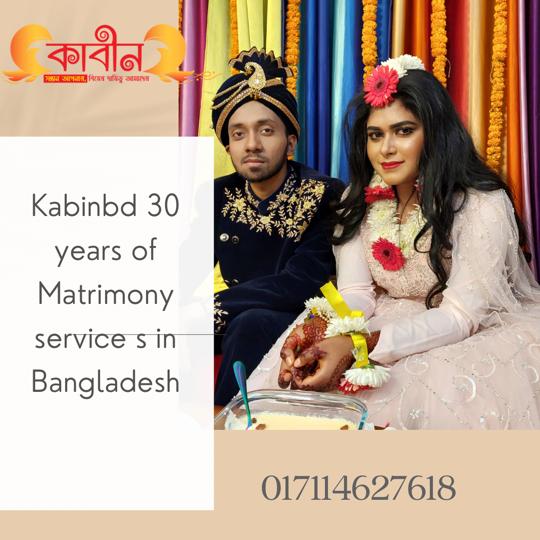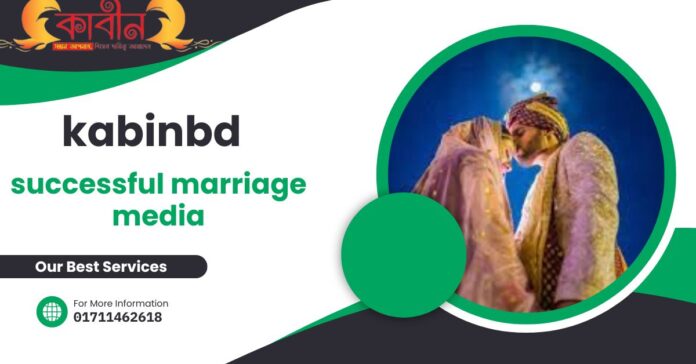How long do Bangladeshi weddings last
The Enchanting Tapestry of Bangladeshi Weddings: A Celebration Beyond a Single Day
Bangladeshi weddings are vibrant celebrations woven with rich traditions, heartfelt emotions, and joyous festivities. Unlike Western weddings that typically focus on a single-day ceremony, Bangladeshi weddings unfold over a period of several days, offering a unique and extended experience for the couple, families, and guests. This guide delves into the captivating world of Bangladeshi weddings, exploring the typical timeframe and the diverse ceremonies that unfold within it.
The Length of a Bangladeshi Wedding:
Bangladeshi weddings are renowned for their vibrant colors, rich traditions, and joyous celebrations. Unlike Western weddings that typically focus on a single day, Bangladeshi weddings unfold over a period of several days, offering a unique and extended experience for the couple, families, and guests. This guide explores the typical timeframe and the diverse ceremonies that unfold within a Bangladeshi wedding.
The Flexible Timeframe:
There’s no universally fixed duration for a Bangladeshi wedding. It traditionally lasts for three days, but this can vary depending on several factors, including:
- Regional Variations: Traditions and customs can differ between regions of Bangladesh, leading to variations in the number and nature of ceremonies included.
- Religious Practices: Hindu and Muslim weddings might include additional rituals specific to their faith.
- Family Preferences: Families can choose to include or exclude certain ceremonies based on their preferences and budget.
- Social Status: Elaborate ceremonies and extended guest lists are more common in weddings of prominent families.
A Breakdown of the Celebration:
Although the length can vary, Bangladeshi weddings typically follow a general structure:
Pre-Wedding Ceremonies (1-2 days): This phase involves a series of preparatory rituals and celebrations leading up to the main wedding day. Some common ceremonies include:
- Aai Bhwana (Groom’s Reception): The groom’s family hosts a reception for the bride and her family, often marking the beginning of formal interactions.
- Mayra (Bridal Shower): A close-knit gathering for the bride with female family and friends, often involving gifts, blessings, and pampering.
- Gaye Holud (Henna Ceremony): Intricate henna designs are applied to the bride’s hands and feet, symbolizing blessings, joy, and auspiciousness.
The Wedding Day (1 day): This is the core event where the legal solemnization and main celebratory rituals take place. Some highlights include:
- Bijoy (Groom’s Procession): The groom, adorned in traditional attire, arrives at the bride’s house in a celebratory procession with family and friends.
- Bhor Boron (Welcoming the Groom): The bride’s family welcomes the groom with traditional rituals and blessings.
- Nikah (Muslim Wedding Ceremony): For Muslim couples, the Nikah is the core ceremony where the marriage contract is signed under Islamic law.
- Shubho Bijoy (Blessing of the Bride): The bride’s parents bless her and bid her farewell as she prepares to leave for her new home.
- Bou Bhat (Wedding Reception): The groom’s family hosts a grand reception for the newlyweds, often featuring elaborate decorations, cultural performances, and a celebratory feast.
Post-Wedding Rituals (1-2 days): These additional customs and celebrations solidify the union and welcome the bride into the groom’s family. Some common practices include:
- Bodhu Boron (Welcoming the Bride): The groom’s family formally welcomes the bride into their home with blessings and celebratory rituals.
- Fera (Offering Sweets): The bride and groom exchange sweets, symbolizing the sweetness of their new life together.
- Bou Bhaat (Bride’s Reception): The bride’s family hosts a reception in her honor, reciprocating the groom’s family’s hospitality.
The Significance of the Extended Celebration:

The extended nature of a Bangladeshi wedding holds deep significance beyond just the festivities:
- Strengthening Family Bonds: The various ceremonies offer opportunities for families to connect and build stronger relationships.
- Blessing the Couple: The rituals serve as a way to seek blessings and well-being for the newlyweds as they embark on their journey together.
- Cultural Immersion: The extended festivities provide a platform for younger generations to experience and appreciate cultural traditions.
- Creating Lasting Memories: The multi-day celebrations create lasting memories and strengthen the bond between the couple, families, and friends.
While the specific duration may vary, the essence of a Bangladeshi wedding lies in its vibrant tapestry of traditions, blessings, and joyous celebrations that mark the beginning of a new chapter for the couple.
While there’s no universally fixed duration, Bangladeshi weddings traditionally last for three days. This timeframe can vary depending on regional customs, family preferences, and religious practices. Here’s a breakdown of the common stages that contribute to the overall length:
- Pre-Wedding Ceremonies (1-2 days): This phase involves a series of preparatory rituals and celebrations leading up to the main wedding day.
- Wedding Day (1 day): The core event where the legal solemnization and main celebratory rituals take place.
- Post-Wedding Rituals (1-2 days): Additional customs and celebrations that solidify the union and welcome the bride into the groom’s family.
Exploring the Pre-Wedding Ceremonies:
Bangladeshi weddings are renowned for their vibrant pre-wedding ceremonies, setting the stage for the main event and showering the couple with blessings. These rituals not only mark the beginning of the wedding festivities but also hold deep cultural and social significance. Let’s delve into some of the most common pre-wedding ceremonies, exploring their traditions and symbolic meaning:
- Aai Bhwana (Groom’s Reception):
- Meaning: This ceremony signifies the formal acceptance of the bride by the groom’s family.
- Description: The groom’s family warmly welcomes the bride and her family to their home. Sweets and gifts are exchanged, and blessings are bestowed upon the couple. This event fosters a sense of connection and familiarity between the families.
- Mayra (Bridal Shower):
- Meaning: A celebration filled with pampering and blessings for the bride-to-be.
- Description: Held exclusively for the bride and her female family and friends. The bride is adorned with henna, showered with gifts, and pampered with beauty treatments. It’s a joyous occasion for the bride to share laughter and create lasting memories with her loved ones.
- Gaye Holud (Henna Ceremony):
- Meaning: A vibrant and auspicious ceremony filled with symbolic art and blessings.
- Description: Intricate henna designs are applied to the bride’s hands and feet. The intricate patterns are believed to bring good luck, prosperity, and beauty to the bride. The ceremony often features music, dancing, and delicious food, creating a lively atmosphere.
- Ashurbo Boron (Blessing Ceremony):
- Meaning: A spiritual ceremony seeking divine approval for the union.
- Description: A priest performs blessings for both the bride and groom separately, invoking divine blessings and protection for their new life together. This ceremony adds a spiritual dimension to the wedding preparations.
- Panini Sankha (Exchange of Rings):
- Meaning: A simple yet significant ceremony symbolizing commitment and love.
- Description: The couple exchanges rings in a private ceremony or amidst close family. This act signifies their commitment towards each other and their upcoming union.
Additional Ceremonies:
- Adan Pradan: This formal introduction ceremony between the families finalizes the wedding date and arrangements.
- Aiburo Bhat: A farewell meal for the bride and groom at their respective homes, signifying their last meal as unmarried individuals.
- Dodhi Mangal: An early morning ritual involving offering prayers to the Ganges river for blessings on the couple’s future.
The Significance of Pre-Wedding Ceremonies:
These pre-wedding ceremonies go beyond mere traditions. They serve several important purposes:
- Strengthening Family Bonds: The ceremonies provide opportunities for families to connect, build relationships, and celebrate together.
- Showering Blessings: The rituals seek blessings from elders, priests, and the divine for a happy and prosperous marriage.
- Preparing the Couple: These ceremonies mark the transition from single life to married life and allow the couple to prepare emotionally and mentally.
- Cultural Immersion: The vibrant celebrations keep cultural traditions alive and allow younger generations to appreciate their heritage.
In Conclusion:
The pre-wedding ceremonies in Bangladesh are a beautiful tapestry woven with traditions, blessings, and joyous celebrations. They mark the beginning of a momentous journey for the couple and create lasting memories for families and friends. Understanding the meaning behind these rituals allows for a deeper appreciation of the rich cultural heritage and the significance of marriage in Bangladeshi society.
The pre-wedding period sets the stage for the festivities and allows families to formally connect. Some common ceremonies include:
- Aai Bhwana (Groom’s Reception): The groom’s family hosts a reception for the bride and her family, often marking the beginning of formal interactions.
- Mayra (Bridal Shower): A close-knit gathering for the bride with female family and friends, often involving gifts, blessings, and pampering.
- Gaye Holud (Henna Ceremony): Intricate henna designs are applied to the bride’s hands and feet, symbolizing blessings, joy, and auspiciousness.
- Ashurbo Boron (Blessing Ceremony): A priest blesses the bride and groom separately, seeking divine approval for their union.
- Panini Sankha (Exchange of Rings): A simple ceremony where the couple exchanges rings, signifying their commitment.
The Grandiose Wedding Day:
The wedding day is a vibrant culmination of the pre-wedding preparations. Here are some key highlights:
- Bijoy (Groom’s Procession): The groom, adorned in traditional attire, arrives at the bride’s house in a celebratory procession with family and friends.
- Bhor Boron (Welcoming the Groom): The bride’s family welcomes the groom with traditional rituals and blessings.
- Nikah (Muslim Wedding Ceremony): For Muslim couples, the Nikah is the core ceremony where the marriage contract is signed under Islamic law.
- Shubho Bijoy (Blessing of the Bride): The bride’s parents bless her and bid her farewell as she prepares to leave for her new home.
- Bou Bhat (Wedding Reception): The groom’s family hosts a grand reception for the newlyweds, often featuring elaborate decorations, cultural performances, and a celebratory feast.
Post-Wedding Rituals: A Warm Welcome
The post-wedding phase reinforces the couple’s union and welcomes the bride into the groom’s family. Some common practices include:
- Bodhu Boron (Welcoming the Bride): The groom’s family formally welcomes the bride into their home with blessings and celebratory rituals.
- Fera (Offering Sweets): The bride and groom exchange sweets, symbolizing the sweetness of their new life together.
- Bou Bhaat (Bride’s Reception): The bride’s family hosts a reception in her honor, reciprocating the groom’s family’s hospitality.
Factors Affecting the Length:
The specific duration of a Bangladeshi wedding can be influenced by several factors:
- Regional Variations: Traditions and customs may differ between regions in Bangladesh, leading to variations in the number and nature of ceremonies.
- Religious Practices: Hindu and Muslim weddings might include additional rituals specific to their faith.
- Family Preferences: Families can choose to include or exclude certain ceremonies based on their preferences and budget.
- Social Status: Elaborate ceremonies and extended guest lists are more common in weddings of prominent families.
Beyond the Celebration: The Significance of the Length
While the vibrant colors, delicious food, and joyous celebrations undoubtedly grab attention, the extended length of a Bangladeshi wedding holds a deeper significance that goes beyond mere festivity. Let’s explore the reasons why a multi-day wedding is more than just a stretched-out party:
Strengthening Family Bonds:
- Building Relationships: The various ceremonies over several days provide ample time for families to connect, fostering stronger bonds and mutual understanding. This is particularly significant as families might not always reside in close proximity.
- Promoting Unity: Shared experiences, meals, and conversations during the pre-wedding and post-wedding ceremonies create a sense of unity and belonging for both families.
Blessing the Couple:
- Seeking Divine Approval: Ceremonies like Ashurbo Boron (Blessing Ceremony) demonstrate the importance of seeking divine blessings and protection for the couple’s future life together.
- Elders’ Wisdom and Support: The involvement of elders in rituals bestows their blessings and wisdom upon the couple, offering them guidance and support as they embark on a new chapter.
Cultural Immersion and Transmission:
- Preserving Traditions: The elaborate ceremonies serve as a platform to showcase and preserve rich cultural traditions. Younger generations witness and participate in these rituals, ensuring their continuation for future generations.
- Fostering Identity: Participating in cultural practices strengthens the couple’s and families’ connection to their heritage and identity.
Preparing for a New Life:
- Emotional and Mental Transition: The extended wedding period allows the couple time to gradually transition from their individual lives to a shared life as a married couple.
- Practical Considerations: The pre-wedding ceremonies can act as an opportunity to discuss and finalize practical details of their future life together.
Creating Lasting Memories:
- Shared Experiences: The multi-day celebrations create a wealth of shared memories for the couple, families, and friends. These memories become cherished moments they can revisit throughout their lives.
- Strengthening Bonds: The extended wedding period allows for closer interaction between the couple and their loved ones, forging stronger bonds that will support them throughout their married life.
Flexibility and Personalization:
- Tailored Traditions: While there’s a general structure, families can choose to include, exclude, or adapt ceremonies based on their preferences and traditions, making the celebration personal and meaningful.
- Accommodating Guests: The extended timeframe allows guests from various locations, especially those traveling from afar, to participate in different parts of the wedding festivities.
In Conclusion:
The length of a Bangladeshi wedding is not just about extended merrymaking. It serves a crucial role in strengthening family bonds, seeking blessings for the couple, transmitting cultural traditions, and allowing the couple to prepare for their new life together. This extended celebration ultimately lays a strong foundation for a happy and fulfilling marriage.
The extended nature of Bangladeshi weddings holds deep significance:
- Strengthening Family Bonds: The various ceremonies offer opportunities for families to connect and build stronger relationships.
- Blessing the Couple: The rituals serve as a way to seek blessings and well-being for the newlyweds as they embark on their journey together.
- Cultural Immersion: The extended festivities provide a platform for younger generations to experience and appreciate cultural traditions.
Top 3 Matchmaking Sites in Bangladesh
অ্যারেঞ্জড ম্যারেজ Arranged Marriage
আপনি যদি বিয়ের ব্যাপারে সিরিয়াস হয়ে থাকেন তবে
লিংকে ক্লিক করে ফ্রী রেজিষ্ট্রেশন করুন
অথবা বিস্তারিত জানতেঃ
Gmail:kabinbd4@gmail.com
01711462618 এ কল করুন ২৪/৭ সার্ভিস










